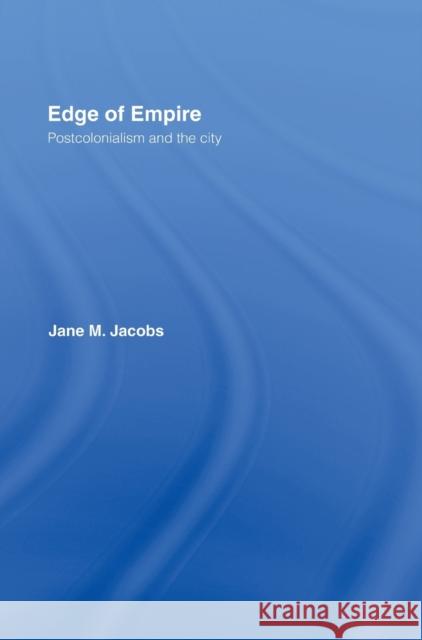Edge of Empire : Postcolonialism and the City » książka
Edge of Empire : Postcolonialism and the City
ISBN-13: 9780415120067 / Angielski / Twarda / 1996 / 208 str.
Edge of Empire : Postcolonialism and the City
ISBN-13: 9780415120067 / Angielski / Twarda / 1996 / 208 str.
(netto: 932,90 VAT: 5%)
Najniższa cena z 30 dni: 919,20
ok. 16-18 dni roboczych.
Darmowa dostawa!
This text examines struggles over urban space in three contemporary first world cities: London, Perth and Brisbane. Through these examples the spatialised cultural politics of a number of postcolonial processes are unravelled: the imperial nostalgias of the one-time heart of empire, the City of London; the struggle of diasporic groups to make a homespace in the old imperial heartlands; the unsettling presence of Aboriginal claims for the sacred in the space of the modern city; and the emergence of hybrid spaces in the contemporary city. This book is about the unruly spatial politics of race and nation, nature and culture, past and present. This is a global geography of the local that takes theories of colonialism and postcolonialism to the space of the city - giving real space to the spatial metaphors of much contemporary social theory. If the contemporary city is a postmodern space it has not-so-hidden geographies of imperialism and postcolonialism.
Edge of Empire examines struggles over urban space in three contemporary first world cities in an attempt to map the real geographies of colonialism and postcolonialism as manifest in modern society. From London, the one-time heart of the empire, to Perth and Brisbane, scenes of Aboriginal claims for the sacred in the space of the modern city, Jacobs emphasises the global geography of the local and unravels the spatialised cultural politics of postcolonial processes.
Edge of Empire forms the basis for understanding imperialism over space and time, and is a recognition of the unruly spatial politics of race and nation, nature and culture, past and present.











